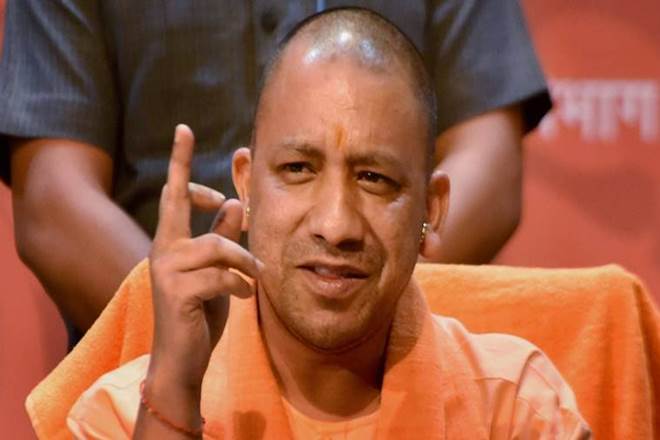The Yogi Adityanath government in Uttar Pradesh recently passed a legislation that permits the withdrawal of nearly 20,000 cases filed against politicians in the state on the grounds that they are politically motivated.
One of the beneficiaries of this controversial move would be Yogi himself indicating a conflict of interest .
The Constitution expressly lays down a fundamental right “that one cannot be a witness against himself”, which indicates that the converse — one cannot be a judge in one’s own case – is also applicable, but this is being wantonly violated.
Politicians Cannot Be Penalized For Free Speech
The Yogi government’s measure reportedly targets cases related to public protests organized or attended by politicians violating orders pronounced by executive magistrates.
Several politicians in India face criminal cases that relate to unlawful assembly, wantonly giving provocation, rioting, obstructing public servant in discharge of public functions, promoting enmity between different groups on grounds, disobedience to order duly promulgated by public servant and destruction of public property.
Barring the promoting enmity and destruction of public property charges, all other offences are complicated to deal with as the right to protest is implicit in the right to free speech and assemble.
Political activity would become impossible in case politicians are convicted and jailed for protesting and thereby disqualified from public office. But not penalizing them is also an invitation for disorder, chaos and lawlessness. So far the Indian state has chosen to deal with such cases by keeping them in cold storage.
It is yet not clear how the recent order given by the Supreme Court as well as the central government diktat to set up special courts for dealing with cases involving politicians will affect the situation.
Withdrawal Of Cases Cannot Be Arbitrary
Under Section 321 of the Criminal Procedure Code the Public Prosecutor has been granted the leeway to withdraw from prosecution of offences with the consent of the court.
Governments have often withdrawn criminal cases on the grounds of public policy or in public interest. For instance the Gujarat government withdrew the cases filed against Patidar agitators .
However the rationale of Yogi government’s far-reaching Uttar Pradesh Criminal Law (Composition of Offences and Abatement of Trials) (Amendment) Bill, 2017, fails to satisfy the parameters used by earlier government orders like that of Gujarat.
Allahabad HC Ruling On Case Withdrawals
A case precedent exists for this situation. Last year the Allahabad High Court took up three key questions in a case:
- Can a state government use the power of withdrawal under Section 321 in a whimsical or arbitrary manner or should it be exercised for the considerations “just, valid and judicially tenable”?
- Are the decisions taken by the state government for the withdrawal of cases, communicated to the public prosecutor, open to judicial review or not
- Should state government scrutiny various pending criminal cases to find out if they deserve withdrawal in exercise of powers under Section 321 CrPC regardless of the fact that neither the accused nor anyone else has approached the government for this purpose.
The bench answered these questions stating:
- The state government cannot exercise its authority under Section 321 CrPC in a whimsical or arbitrary manner or for extraneous considerations, apart from just and valid reasons.
- The decision taken by the state government for the withdrawal of the case, communicated to the public prosecutor, is open to judicial review.
- The state government is free to make scrutiny of such cases and arrive at parameters to decide which cases can be withdrawn.
This judgement makes it clear that governments can’t proceed whimsically or arbitrarily and must make a case by case scrutiny of each case. Additionally, such decisions can be challenged for constitutionality.
In this case the UP government is free to conduct scrutiny of cases for withdrawal but its parameters for withdrawal must be able to withstand judicial scrutiny and not be arbitrary.
Cases Must Be Scrutinized Against Established Parameters
Several of the 20,000 cases have been pending for decades. Yogi should have taken the initiative to call for a wide ranging consultation on how to deal with political cases, and arrive at robust parameters like presence of hate speech, instigation of violence or nature of charges to decide if the cases can be disposed off or proceed ahead.
In the end, the discretion regarding the fate of the cases must lie entirely with prosecutors and judges. To ensure autonomy of the prosecution, a separate cadre could be created comprising prosecutors who are not political appointees.
Uttar Pradesh currently tops the country in number of under-trial prisoners with 55,000 prisoners or nearly one-fourth of all under-trial prisoners. Also around 13% of cases in UP have been pending for over 10 years while 24% has been for between 5 and 10 years according to the National Judicial Data Grid. Such problems of the common citizen must be the focus of Yogi Adityanath.





